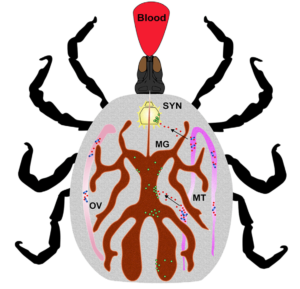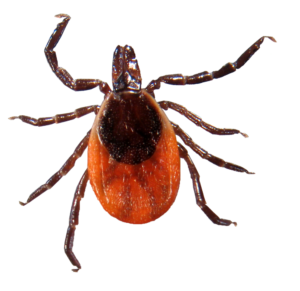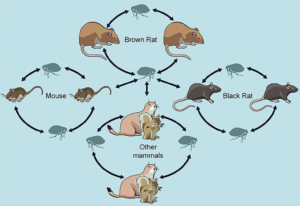TWiM reveals that the atypical antipsychotic quetiapine promotes multiple antibiotic resistance in E. coli, and treatment with Bifidobacterium lactis probiotic benefits patients with coronary artery disease.
Hosts: Vincent Racaniello, Michael Schmidt, Michele Swanson, and Petra Levin
Right click to download TWiM #264 (48 MB .mp3, 66 minutes)
Subscribe to TWiM (free) on Apple Podcasts, Google Podcasts, Stitcher, Android, RSS, or by email.
Become a Patron of TWiM!
Links for this episode:
- Antipsychotic promotes antimicrobial resistance (J Bact)
- Probiotic benefits patients with coronary artery disease (mSystems)
- B. lactis and Alzheimer’s in mice (Eur J Nutr)
- Letters read on TWiM 264
Music used on TWiM is composed and performed by Ronald Jenkees and used with permission.
Send your microbiology questions and comments to [email protected]








